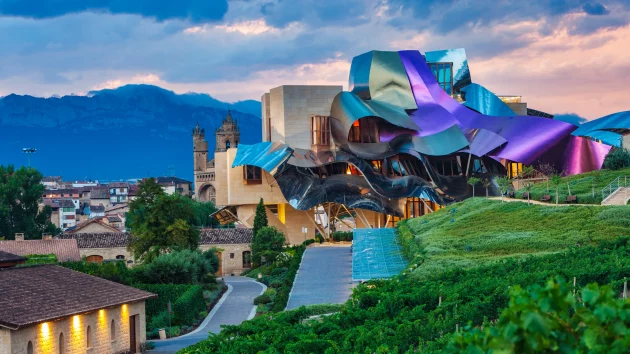

Client satisfaction is obviously an architect’s top responsibility when designing a new building, but the public’s satisfaction matters too. By taking everyone into consideration, your buildings will attract more positive attention and become highlights in the community. Here are five huge ways you can cater more to the public during your next building project.
Maximum accessibility is the best way to make your buildings more accommodating to the public. Everyone should be able to get the building’s full experience, regardless of their physical limitations. Here are some features you must incorporate into your building design:
According to the Americans With Disabilities Act (ADA), all commercial properties are required to have at least one handicap space for every 25 normal spaces. You could also provide off-site parking and a transportation service if your outdoor space is limited.
The outdoor space around your building is the first thing the public sees, so you need to make a good first impression. When this area is calming and inviting, people are more likely to go inside. Start by installing a variety of light fixtures. Well-illuminated sidewalks make people feel safer and highlight the building’s design.
Try to incorporate these fixtures into your building’s design:
People should be able to relax around your building. Instead of installing cheap tables and benches, you should use street benches with low heat absorption that will stay cool under the sun. You also need to provide plenty of shade with tree cover, pavilions and umbrellas. These little details can significantly improve your building’s public perception.
A great way to endear your building to the public is by reflecting the local culture. Commercial spaces used to be buzzing community centers with constant social interaction. Nowadays, many buildings take a cookie-cutter approach and don’t make any attempt to build on the city’s culture. Here are some ways your design can reflect your community’s culture:
While dull and uninspiring architecture takes a significant toll on a society’s well-being, creative and cultural architecture improves public cohesion. Your building’s design needs to be synonymous with your community’s unique identity.
As the public becomes more environmentally conscious, architects will face a heightened social responsibility to make sustainable building designs. Greenery is the simplest and most effective eco-friendly design feature. It acts as a natural air purifier, keeping the building’s air quality in good condition. Plants have also been proven to improve our mental health because they bring us closer to our natural habitat — the outdoors.
You can incorporate greenery into your building’s design in many ways. Start by putting popular indoor plants around the property. Allow vines and ivy to grow on the building’s exterior. Make sure people can see the growth process when they walk by. As the plants get bigger and more beautiful, your building’s appearance will also improve.
You should also encourage community members to add their own plants to the mix. They can introduce a variety of native plant species and make your building more connected to the surrounding landscape.
Ambiance is an important design quality that many architects overlook. Sound is just as important as sight. Creating an immersive ambiance inside and outside your building will make it stand out from the crowd. More importantly, it will lower people’s stress levels and improve the guest experience. Here are a few effective ways to bring ambient sounds into your building:
People who live in big cities are constantly surrounded by annoying sounds — traffic, construction, sirens, verbal disputes, the list goes on. Your building can give them a reprieve from the outside noise and offer a much more relaxing environment.
Putting the public first when designing commercial buildings benefits everyone. The local community is happy to see a comfortable, welcoming and culturally aware building, which leads to more traffic. More traffic makes your client happy. When your client is happy, you’re happy. When you take the selfless approach, everyone wins.
This website uses cookies.